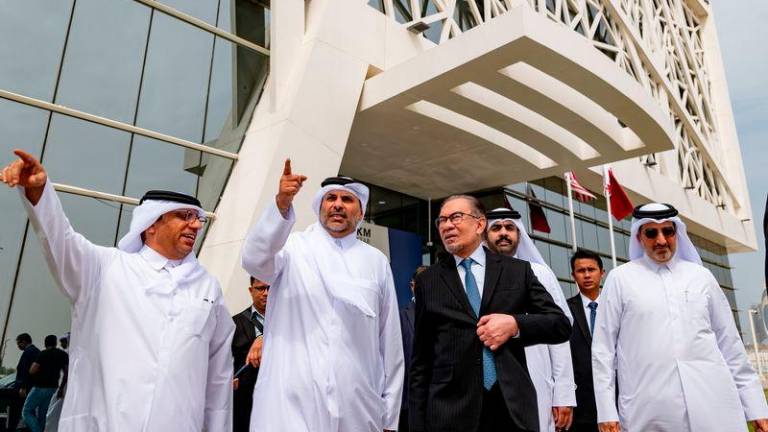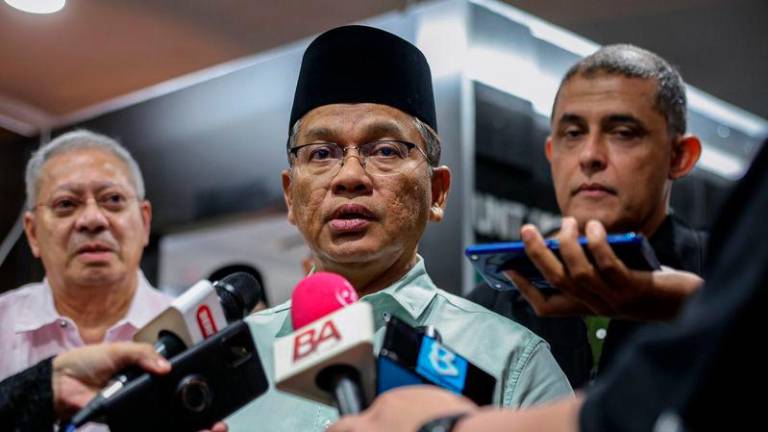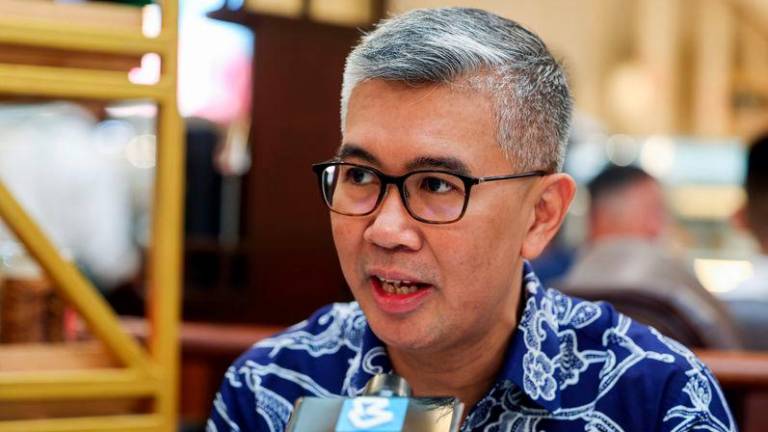VOTERS in Selangor, Negeri Sembilan, Penang, Kedah, Kelantan and Terengganu will head to the polls on Saturday.
According to the Centre for Market Education (CME), state elections provide a valuable platform to introduce economic reforms that can have positive implications for the entire nation.
CME CEO Dr Carmelo Ferlito noted that the vigour for discussing economic reforms dwindled following the 15th General Election.
He expressed the view that state elections should serve as a platform to relaunch this discussion. Enacting policies driven by populist motives can have adverse consequences for the nation.
CME is optimistic that the state elections will provide an opportunity for Prime Minister Datuk Seri Anwar Ibrahim and the unity government to advocate for a bold reformist agenda. The outcome of the elections will create a favourable environment for them to pursue this agenda over the next four years of governance.
Ekonomi Madani
With the implementation of the long-term pro-investment initiative Ekonomi Madani, Anwar has the opportunity to present a series of beneficial measures. These include tax reforms, relaxations of regulations and harm reduction strategies across various sectors.
An important subject that warrants attention before voters head to the polls is fiscal devolution. This refers to the enactment of legislation aimed at increasing the power of local governments in fiscal revenue collection and expenditure allocation for local development projects.
Fiscal devolution is frequently criticised due to the inequality it can create, leading to dissimilar allocations for different local councils.
However, this criticism appears to be off the mark. According to a study by the University of Sheffield, as reported by the think-tank New Local, the UK exhibited greater regional inequality compared with other major affluent nations, even though its level of fiscal devolution remained relatively low.
(https://www.newlocal.org.uk/publications/fiscaldevo/)
Furthermore, findings by the Organisation for Economic Cooperation and Development indicate a correlation between fiscal decentralisation and various outcomes, such as an increase in Gross Domestic Product per capita.
Decentralised system
How can this concept be applied in Malaysia? According to CME, a good starting point will be to reintroduce the Goods and Services Tax, with collection taking place at the state level.
The revenues collected by each state should remain within that state. For example, 80% of the collected sum can be retained by the state, while the remaining 20% can be contributed to the federal government’s budget.
A decentralised system can benefit local governments. The funds can be directed towards development projects and resources aimed at combating poverty.
When it comes to addressing poverty, local governments are in a more advantageous position to know the real needs on the grassroots level. Hence, they would be better equipped to make informed decisions about strategies and approaches, responding directly to signals emerging from the bottom-up perspective.
A strong argument in favour of fiscal devolution is the ability of states to execute development projects tailored to their economic, geographical and vocational environments.
Possessing the authority to manage resources through collection and expenditure will create healthy competition among states, motivating them to vie for investment prospects. This will result in a favourable outcome for Malaysia as a whole, especially in terms of attracting Foreign Direct Investment (FDI) opportunities.
Furthermore, apart from creating competitiveness among the states, these investments will also be a catalyst for innovation, generating employment opportunities.
A notable example is the partnership between Tesla and the federal government, which includes advantageous provisions for the electric vehicle (EV) manufacturer, such as exemption from approval permits and other benefits.
Harm reduction policies
Tesla is strategically placing Malaysia as part of the evolving regional EV industry. One of the main reasons for the company’s decision to invest in the nation is due to the government’s support for forward-looking policies tailored to this sector.
With the right fiscal tools, local governments can further boost progress by channelling investments into various industries to conduct research and development. This potential can be enhanced through preferential fiscal policies.
This strategy can yield evident and favourable outcomes, establishing a positive loop of investment and advancement within the nation.
Similarly, this approach can be applied to harm reduction policies, such as curbing sugar and nicotine consumption. While the federal level should provide backing for harm reduction policies, their decentralised implementation can be made possible at the state level.
Consequently, states can focus on building an environment that promotes investment and innovation, while the federal government dedicates its efforts to implementing forward-looking policies based on scientific evidence, similar to the initiatives in the UK, New Zealand and the Philippines.
Nations that adopt harm reduction policies successfully can attain their public health goals while also stimulating innovation through FDIs, thereby reinforcing the economic value chain across various sectors.
In conclusion, state elections provide an opportunity to promote discussions on the significance of innovation and its potential to support local entrepreneurship within a suitable institutional framework.
Deliberations on fiscal devolution will raise awareness of how state governments can take on leading roles in the development process when they have direct control over revenue collection and expenditure allocation.
This article was contributed by the Centre for Market Education, a boutique think-tank based in Kuala Lumpur, Malaysia and Jakarta in Indonesia. It aims to promote a more pluralistic and multidisciplinary approach to economics grounded on market forces. Comments: letters@thesundaily.com










